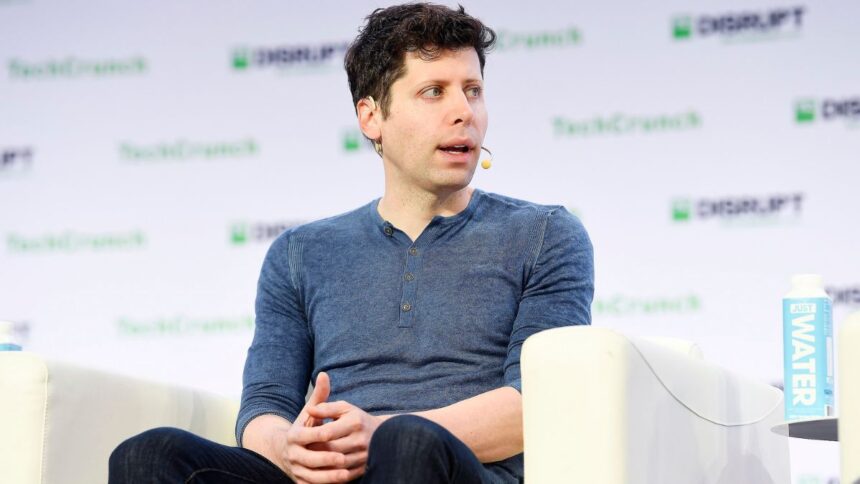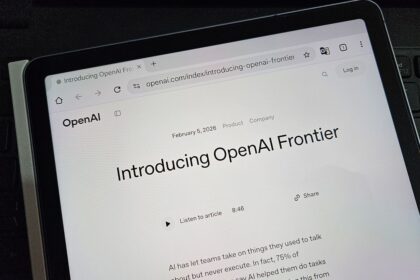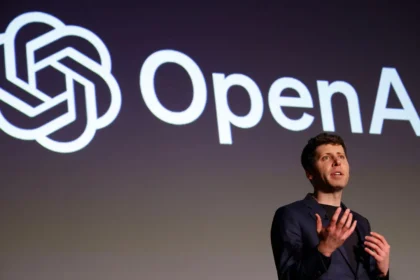The United States has long aimed to reduce its dependence on Asia for semiconductor production, a goal that predates even the Trump administration. Central to this strategy is Intel, historically the backbone of American chip manufacturing.
However, Intel’s recent struggles—particularly within its Foundry division—have prompted both government and private sector intervention to restore the company’s competitiveness in a market dominated by Asian firms, especially TSMC.
To address this, the U.S. government has assembled a dedicated task force to help revive Intel and reinforce domestic chip production. The government has also made substantial financial commitments, even taking a shareholder position in Intel alongside industry giants like NVIDIA, which has entered into agreements and contributed funding to strengthen the U.S. semiconductor ecosystem.
OpenAI is already a TSMC partner
Despite these efforts, Sam Altman, CEO of OpenAI, believes that the path forward doesn’t necessarily rely on Intel’s resurgence.
In a recent interview with Stratechery, Altman stated,
“I wish TSMC would just increase its capacity,”
highlighting his preference for expanding TSMC’s role in global chip manufacturing. TSMC, which already produces the world’s most advanced semiconductors, is in the process of building new facilities in the United States—a move that aligns with both Altman’s and Washington’s broader strategic interests, though from different motivations.
OpenAI already works closely with TSMC and Broadcom to develop its own custom AI chips, reducing its reliance on NVIDIA’s GPUs. These partnerships are designed to give OpenAI greater control over its hardware supply chain as it continues to scale its artificial intelligence infrastructure.
For now, OpenAI still depends heavily on both NVIDIA and AMD to power its massive data centres. The company plans to deploy 16 gigawatts of data centre capacity, underscoring the immense computing power required to train and operate its AI systems. This expansion will involve chips supplied by both companies while OpenAI’s in-house semiconductor ambitions continue to take shape.
In essence, while the U.S. government is betting on Intel to restore American semiconductor independence, Altman is betting on TSMC’s proven capacity and innovation—even if that means relying, at least in part, on foreign expertise to drive the next generation of AI hardware.
Source: Stratechery










